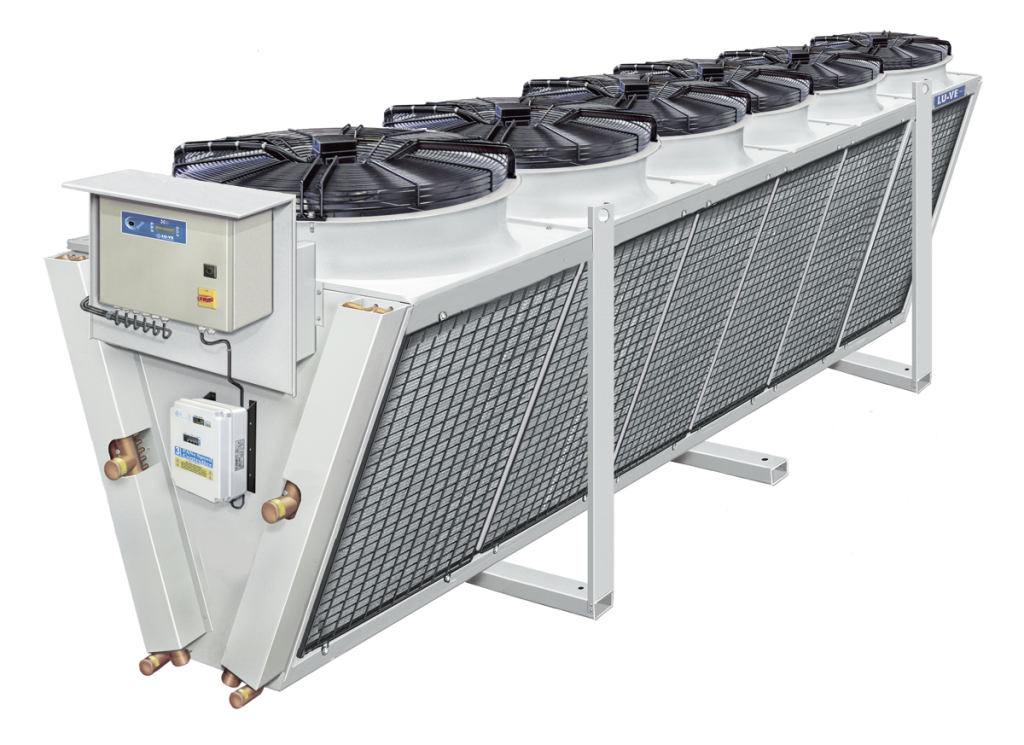
What is chiller condenser?
2023-08-15 | Micro Channel
Introduction:
In the world of cooling systems, chiller condensers play a vital role in ensuring efficient heat exchange and maintaining optimal performance. However, understanding the concept and significance of chiller condensers can be complex. This blog aims to simplify the explanation of chiller condensers, their functions, and their importance in cooling systems.

Understanding Chiller Condensers:
1. What is a Chiller Condenser?
A chiller condenser is a key component of a chiller system, which is used to remove heat from a cooling medium, such as air or water. It serves as the heat rejection unit in the chiller cycle, where the high-temperature, high-pressure refrigerant gas is condensed into a liquid state, releasing heat to the surrounding environment.
2. How Does It Work?
The chiller condenser operates through a process of heat exchange. The hot refrigerant gas, coming from the evaporator, enters the condenser coils where it releases heat. As the refrigerant cools and condenses, it transforms into a high-pressure liquid. This liquid refrigerant then continues its journey through the chiller cycle to be expanded and evaporated again.
3. Types of Chiller Condensers:
There are different types of chiller condensers, including air-cooled condensers and water-cooled condensers. Air-cooled condensers use ambient air to cool the refrigerant, while water-cooled condensers use water as the cooling medium. The choice between the two depends on factors such as space availability, environmental conditions, and energy efficiency.
Importance of Chiller Condensers:
1. Efficient Heat Removal:
Chiller condensers are essential for removing heat absorbed by the refrigerant during the cooling process. Efficient heat removal prevents the chiller system from becoming overloaded and ensures consistent cooling performance.
2. Energy Efficiency:
Properly functioning chiller condensers contribute to the overall energy efficiency of the cooling system. When heat is efficiently released from the refrigerant, the chiller compressor doesn't need to work as hard, resulting in reduced energy consumption.
3. Performance and Reliability:
Maintaining a well-designed and maintained chiller condenser enhances the performance and reliability of the entire cooling system. It ensures that the chiller operates at its optimum capacity, extending its lifespan.
4. Environmental Impact:
By efficiently releasing heat into the environment, chiller condensers help minimize the environmental impact of cooling systems. This leads to reduced greenhouse gas emissions and supports sustainable practices.
Conclusion:
Chiller condensers are integral components of cooling systems that facilitate efficient heat exchange and ensure proper operation. Understanding their role and importance can help individuals and industries make informed decisions regarding chiller system maintenance, energy efficiency, and environmental responsibility. By optimizing chiller condenser performance, we contribute to effective cooling solutions and a greener future.